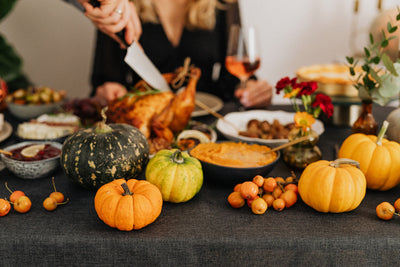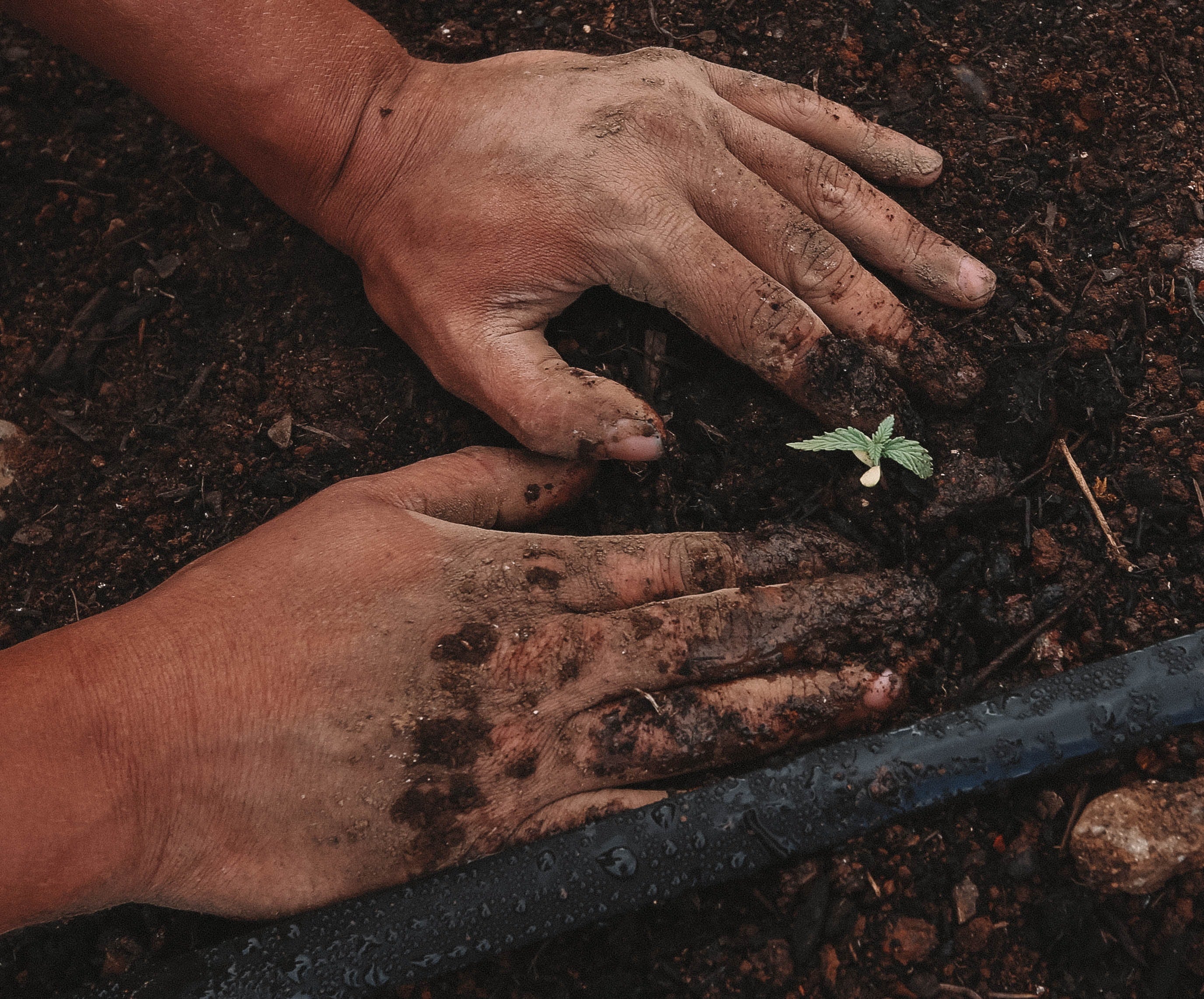Are you thinking about growing a survival garden or enhancing the one you already have? Beyond providing year-round food and supporting pollinators in your natural community, there are many reasons to start your own garden, from cost-effectiveness to improving overall health. Here's some inspiration to help you get started.
Prepare Your Family for Disasters
One of the biggest reasons people grow a survival garden is to prepare for the worst. While some prefer thinking optimistically against all odds, others take a more practical approach. If the worst happens, why not be equipped with a high-quality, cost-effective food source? While the rest of the world deals with turmoil or natural disaster, you and your family are living positively with a sustainable food source that could last decades.
Beyond growing a survival garden, it's also essential to think of your entire property as a homestead. Consider raising chickens and goats, planting a food forest, and making the most of your indoor space to start seeds and grow herbs. Remember, it's not just your survival garden that needs to be sustainable and disaster-proof, but your overall lifestyle.
Help Ease Inflation Costs
We've all seen our share of inflation over the years, with prices of everything from produce to eggs soaring to historic levels. But when you grow a survival garden, you enjoy the benefit of eating from food you grew on your own property. You can walk out back, gather ingredients for dinner and cook a meal without heading to the grocery store.
Even when inflation isn't an issue, enjoying high-quality food is still expensive. Instead of spending money on wholesome, organic produce, you can grow it yourself for a fraction of the cost. The Seed Armory makes eating healthier even easier to save by accepting EBT and SNAP benefits to buy seeds and supplies for your survival garden.

Eliminate Supply Chain Worries
Remember the days when the world couldn't get simple ingredients, let alone toilet paper, for their homes? Supply chain issues are bound to be a recurring issue over the years, but you can reduce your reliance on big box retailers and manufacturers by stocking up on essential supplies and tending to your survival garden on your own.
Beyond stocking up on supplies from the store, you can also create your own survival pantry for at-home shopping. Take your aging produce from your garden and pickle, can, or preserve it for future use. Properly stored beans can last for decades, if not indefinitely, providing a long-term protein source.
Provide Quality Nutrition
Not all sustenance provides the quality nutrition you need to thrive. After all, you can sustain off of packaged and frozen foods stocked with tons of artificial ingredients and fillers. Meanwhile, a survival garden provides the dense nutrition you need day-to-day, including protein, carbohydrates, and Vitamins A, D, E, K, B, C, and much more that are necessary for good health. Here are some survival garden ideas to help you meet your nutritional needs:
- Beans - Protein, fiber, folate, iron, potassium, and magnesium
- Sweet Potatoes - Carbohydrates, Vitamin A and C, and manganese
- Carrots - Vitamin A, potassium, and antioxidants
- Mushrooms - Vitamin D, phosphorous, selenium, copper, potassium
- Sunflower Seeds - Vitamin E, iron, Vitamin B6, calcium, magnesium
- Red Bell Peppers - Vitamin K, B6, and C, thiamin, riboflavin, niacin, and potassium
- Spinach - Vitamin B, vitamins B6, B9, and E, iron, folic acid, and calcium
- Tomatoes - Vitamin C, folate, and potassium.
Of course, this is just a short list of some of the plants you can grow in your survival garden to maximize your nutritional needs. Get a comprehensive look at what to grow with one of our survival seed vault kits.
Reduce Environmental Impact
Buying food from the grocery store requires a large output of environmental resources, from deforestation, land use, and fertilizer run-off, not to mention simply getting your car there and back. Beyond water waste, food waste is also a rampant problem in the retail food industry. In the United States alone, 119 billion pounds of food is wasted each year and ends up in landfills. That equates to 130 billion meals and more than $408 billion in food thrown away each year.
Instead of contributing to adverse environmental impacts, you can sustain yourself and your family with a survival garden. With the help of livestock and a fully functioning homestead, you can thrive on your own property without participating in the negative consequences of the food industry.
Grow Your Own Medicinal Herbs
It's always wise to seek out medical advice from a professional. However, when you're ready to take your future into your own hands, a medicinal seed vault helps empower your health. Beyond producing beautiful flowers, you'll enjoy some of their therapeutic properties to help you stock up on your own home remedies.
Start by growing Yarrow Plant to reap the benefits of flavonoids, which could help aid digestion and soothe upset stomachs and menstrual cramps. Or plant German Chamomile to reduce inflammation, aid in wound healing, reduce muscle spasms, and help you get better sleep.

Reconnect with Nature
Survival gardening may start out as an opportunity to grow a sustainable food source, but it also reconnects you with nature. Instead of looking at the earth as something that produces food for you, it becomes a collaboration. You learn to tend to your plants, care for the soil, and get to know the rhythms of the seasons. Soon you understand which plants grow best in your hardiness zone and how to manage your garden.
There’s more to gardening than creating harmony between gardener and nature–you also have a rare opportunity to improve your health. Studies show that spending time in nature can improve your mood, reduce stress, lower blood pressure, and enhance your immune system function. You could even reduce the stress of the “what if’s” in the world when you can grow your own food to keep your family fed.
Next Steps
Are you ready to start a survival garden or take the one you have to new levels? We provide a one-stop shopping experience for your survival gardening needs. Browse our survival seeds and kits and supplies, or purchase our pre-packaged options.











